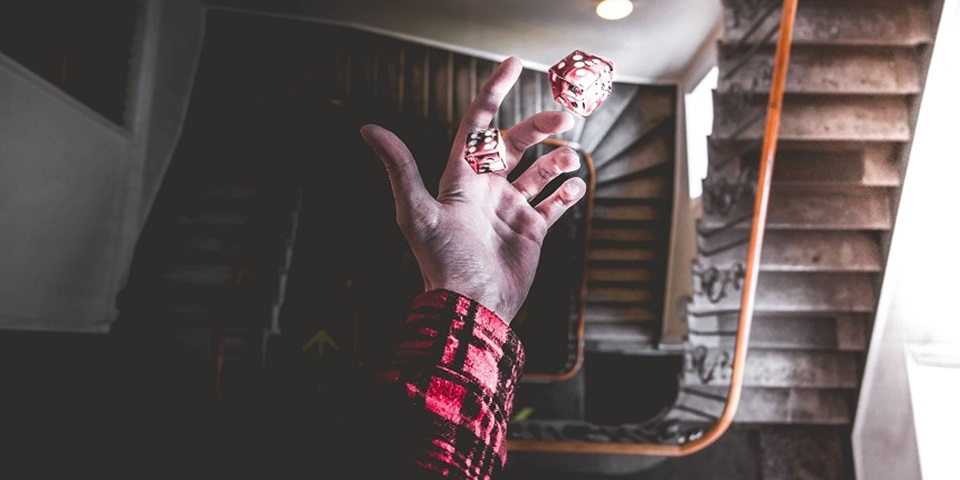News
Mistakes aren't setbacks, they're set ups

We’ve all been there. You think you’re on track and you make a mistake. It’s frustrating and can feel like an epic setback. But it takes a certain type of thinking to look at mistakes with a new perspective and see the opportunity in failure.
It’s easy to see people’s lives as perfect from the outside, to see all of a person’s successes and think they’ve lived a life without mistakes or failure. In fact, the opposite is true, with many of the most successful students, researchers and educators in the world experiencing significant setbacks in their personal, academic and professional lives.
Molecular biology researcher, Talitha Rogers, was so afraid of making mistakes it affected her entire school education.
“I was the kid who didn't want to put their hand up, I just didn't want to be seen or get an answer wrong.”
She didn’t finish high school, and found herself in a position where many people would simply give up on the idea of pursuing their dreams and passions.
Instead, she decided to tackle her fear of mistakes head-on. Diving into the deep end, Talitha enrolled in a Bachelor of Science, which was quickly followed by a scholarship, first class honours and the commencement of her PhD in microbiology.
A catalyst for learning, growth and discovery
Now on the other side of the classroom, Talitha encourages students to embrace and learn from their mistakes.
“One of the students I was helping in microbiology made a weird mistake and I said ‘It’s cool. We would never have known to look for that if you hadn’t messed this up.’
As a scientist, Talitha believes normalising error and feeling free to make mistakes helps to produce a better result in the long run.
“It’s part of building the picture – the failure is the background.”
“When people are getting it right all the time, that’s great. But when you inevitably get something wrong, it’s much harder to backtrack later on if you’ve never had that process of problem-solving.“
And it seems despite the rigid reputation of science, freedom to make mistakes is encouraged by many in the field. Molecular Geneticist, Professor Sue Fletcher, believes mistakes are a sign you’re pushing the limit of what’s possible, and thinking outside of the box.
“Meaningful failure is a good thing. It’ll stop you going down the rabbit hole and getting lost…If you don’t fail, you’re not pushing the boundaries.”
That isn’t to say making a mistake isn’t challenging, disappointing or hurtful. But it’s the way you reflect on your experience which matters. Mistakes are an opportunity to change the way you think, see opportunity for growth, and embrace it. To forge your own path strengthened by the lessons you’ve learned along your way.
“While at the time, it’s frustrating, I try to embrace the things going wrong because it really does give me the skills to problem solve later on.”
“You can excel in your own area with your own qualities, without having to win every race.”
If you’re in Year 12 worrying you’re missing out on future opportunities based on the mistakes you’ve made this year, it’s time to think big about the opportunities available to you.